Cardio – emergency department (CED) is engaged in treatment of critically ill patients with acute myocardial infarction, cardiomyopathy, unstable angina, complex, life - threatening arrhythmias and heart failure. All these states represent a major threat to the patient's life which is directly observed and treated in the department. There is a special shock resuscitation ward for two patients in department and equipped with cardio-monitor, artificial lung ventilation apparatus. Physicians own techniques include thrombolysis (clot dissolution in a vessel) and drug treatment of acute myocardial infarction and its complications. Qualified nursing staff provides constant surveillance, medical procedures and general nursing care. Patients are examined daily head of the department, M.A. Mirzaev There are also patients consulted by professors and other profile physicians. Department consist of facilities for the treatment of a complex group of patients with severe cardiac disease: acute myocardial infarction and its complications, pulmonary edema, cardiogenic shock, cardiac arrest, complex arrhythmias, pre-infarction state and heart failure. We have the following methods: dynamic electrocardiography, bedside ECG monitoring for 24 hours, echocardioscopy, Holter ECG monitoring, emergency defibrillation, electric cardioversion, cardiopulmonary resuscitation. Cardiac intensive care department is located 1st floor, 12 block, multidisciplinary clinic of the Tashkent Medical Academy. At the present time, the department employs 11 doctors. Of these, two doctors Immersed higher category, doctor of the first category and one doctor from the second category. One doctor has an academic degree (Ph.D.). There are 37 nurses working in the department, from that 8 with the highest category and two first category. Branch is a clinical base of the "Preparation of GPs, internal diseases and clinical allergology №1" department.
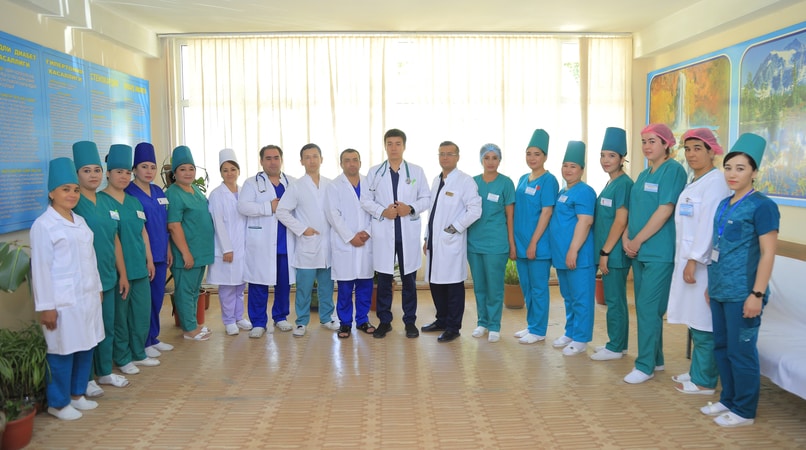
CED is equipped with facilities that meet international standards (central hemodynamic monitors, heart rate, respiratory rate, blood oxygen saturation) and the patients are monitored by doctors and nurses permanently. Treatment is carried out according to the standards of the Ministry of Health of Uzbekistan and the International Community. After emergency medical care, when patient’s general condition stabilized, they are transferred to specialized departments. Department is part of the department of "GPs preparation, internal disease and clinic allergology №1" and regularly consults by head of that department Md, PhD Nurillayeva N.M. In the course of treatment each patient is actively consulted by head of department, doctors and nurses. If necessary, organized consultations with specialists narrow profile: ophthalmologist, neurologist, surgeon, urologist, and others.
Department specialized in patients with the following diagnoses:
- IHD. Acute coronary syndrome.
- IHD. Unstable angina, progression type.
- IHD. Acute myocardial infarction (complicated, uncomplicated).
- IHD. Life threatening arrhythmias like a ventricular arrhythmias, atrial fibrillation and flutter.
- IHD. Chronic forms f arrhythmia which is lead to life threatening consequences, severe (decompensated) congestive heart failure.
According to the summary of physicians there hold following an emergency laboratory and instrumental examination:
A set of clinical and laboratory studies, including ECG Rhythmogram through esophageal electrophysiological study
- Holter monitoring
- X-ray research methods, including computed tomography (based on 1st clinic of TMA)
- General and biochemical blood analysis,
- Complete blood count with a complete blood cell morphology,
- Urinalysis,
- Urine test for uric acid, sugar and protein.
Enzymes of blood:
- ALT,
- AST,
- CK,
- LDH,
- Bilirubin,
- Cholesterol,
- Β-lipoproteins,
- Phospholipids
- Urea
- Creatinine,
- Uric acid,
- Total protein and its fractions,
- Electrolytes Na, K, and Ca2.
Hormonal blood analyses:
- Testosterone,
- Cortisol,
- T3
- T4,
- TSH
- ACTH.
Acute phase indicators:
- Haptoglobin,
- Seromucoid,
- C-reactive protein
- Fibrinogen.
- Immunological tests to determine antibody TORCH-infection and markers of hepatitis B and C.
- ECG,
- EhoKS,
- Ultrasound examination of internal organs,
- Radiography and chest X-ray.
In addition, it is recommended to patients coronary angiography procedure to investigate the coronary arteries of the heart, which allows most accurately and reliably determine the nature, location, extent and degree of narrowing (stenosis, occlusion) of coronary artery and its branches.
Indications for planned coronary angiography
- High risk of complications according to the clinical and non-invasive examination, including asymptomatic coronary artery disease
- The ineffectiveness of drug treatment of angina
- Unstable angina not amenable to medication that occurred in a patient with myocardial infarction accompanied by left ventricular dysfunction, hypotension or pulmonary edema
- Post-infarction angina pectoris
- Inability to determine the risk of complications by using non-invasive methods
- The forthcoming open-heart surgery (eg, valve replacement, correction of congenital heart disease, and so on. d.) in a patient older than 35 years
- Differential diagnosis with noncoronary myocardial diseases (including atypical pain attack, cardiomyopathy and other)
- Social indicators: the minimum and expressed vague signs of myocardial ischemia, provided that the patient's profession, associated with the risk for the lives of other people (pilots, astronauts, drivers, etc..).
Indications for emergency coronary angiography.
- Acute coronary syndrome.
- Control CAG at deterioration of the patient's condition after endovascular surgery (the appearance of pain, negative dynamics in the ECG, increased enzymes).
- With the deterioration of the patient who is being treated in hospital (angina progression).
Contraindications for coronary angiography.
- Renal failure, creatinine greater than 150 mmol / l;
- Circulatory insufficiency 3-4;
- Uncontrolled hypertension;
- Decompensation of diabetes mellitus;
- Mental disorders;
- Exacerbation of peptic ulcer disease;
- Polyvalent allergy;
- Endocarditis;
- Exacerbation of chronic diseases.
SPECIALISTS
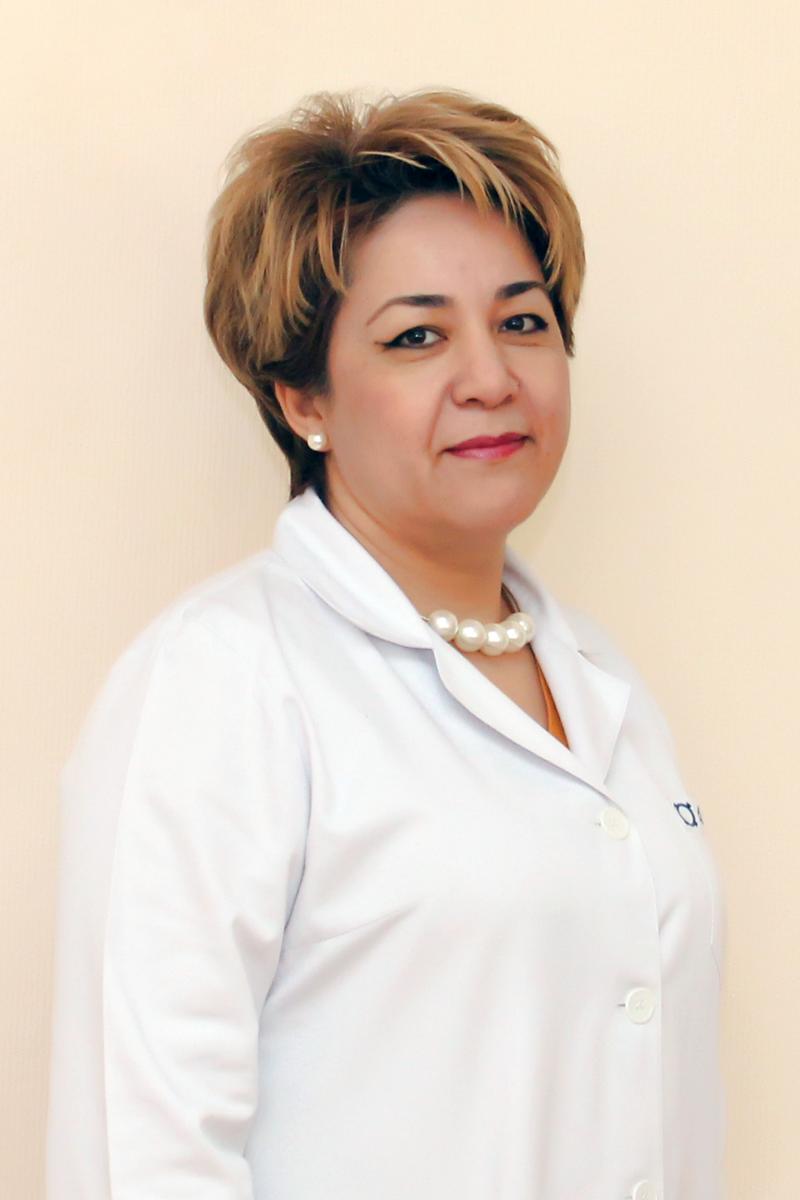
Нуриллаева Наргиза Мухтархановна
- "Ички касалликлар №1" кафедраси мудири,тиббиёт фанлари доктори, доцент.
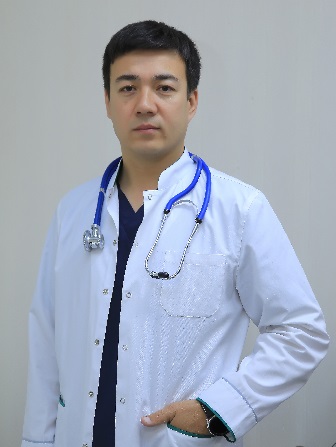
Алимардон Мирзаевич Мирзаев
– бўлим мудири, кардиореаниматолог
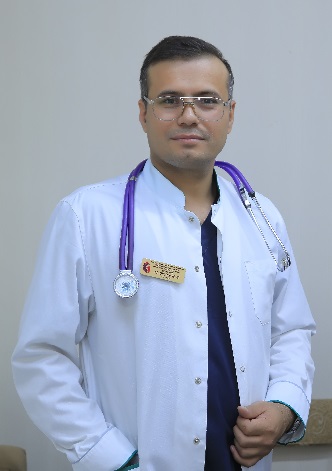
Шукоров Али Ахмадович
Cardiologist
– интервенционолог-кардиолог, 2-тоифали шифокор
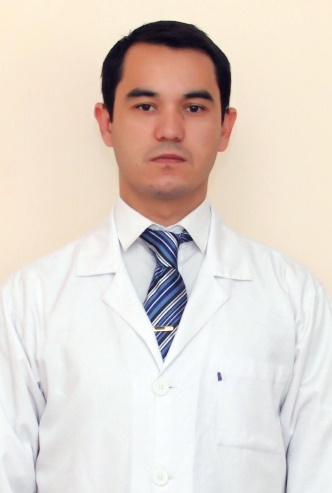
Руслан Шагитович Харисов
Cardiologist
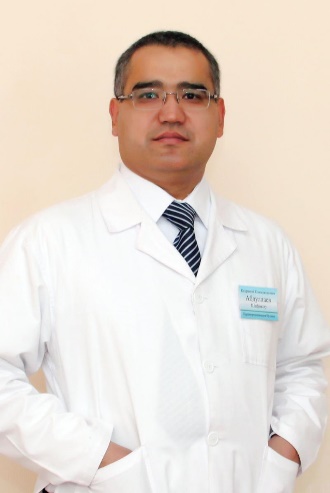
Қахрамон Комилжонович Абдуллаев
– анестезиолог-реаниматолог, 1-тоифали шифокор
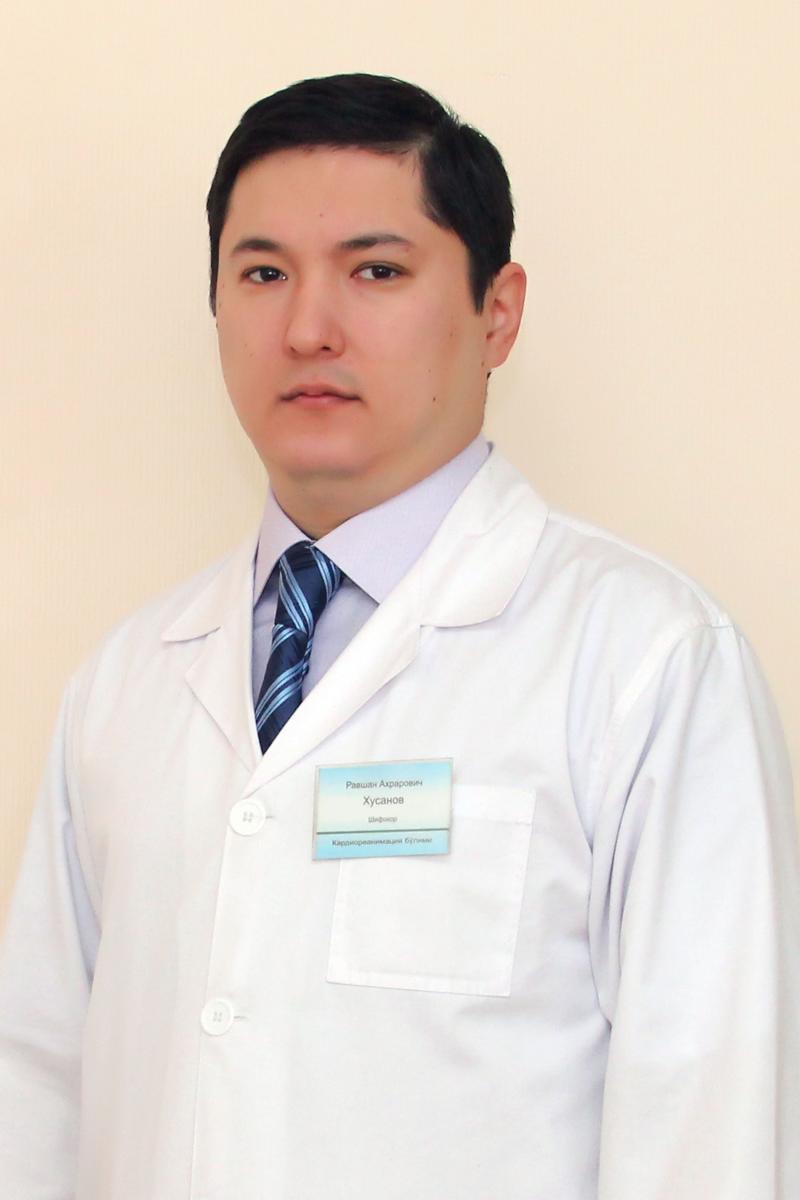
Равшан Ахрорович Хусанов
–врач – кардиореаниматолог
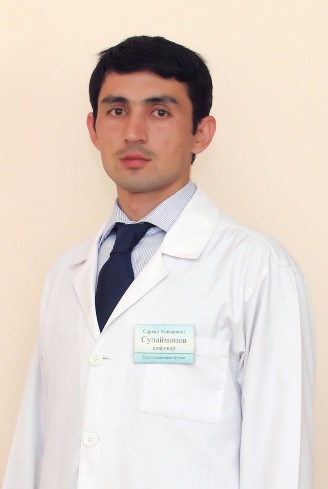
Сарвар Анварович Сулайманов
Cardiologist
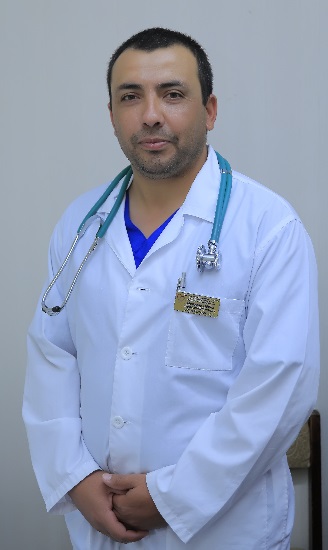
Мирзаев Ойбек Сирожиддинович
– анестезиолог-реаниматолог
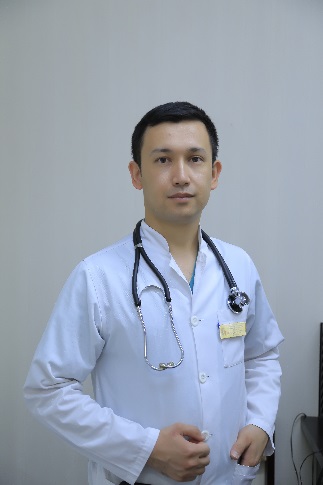
Буриев Убайдулла Алишерович
Cardiologist